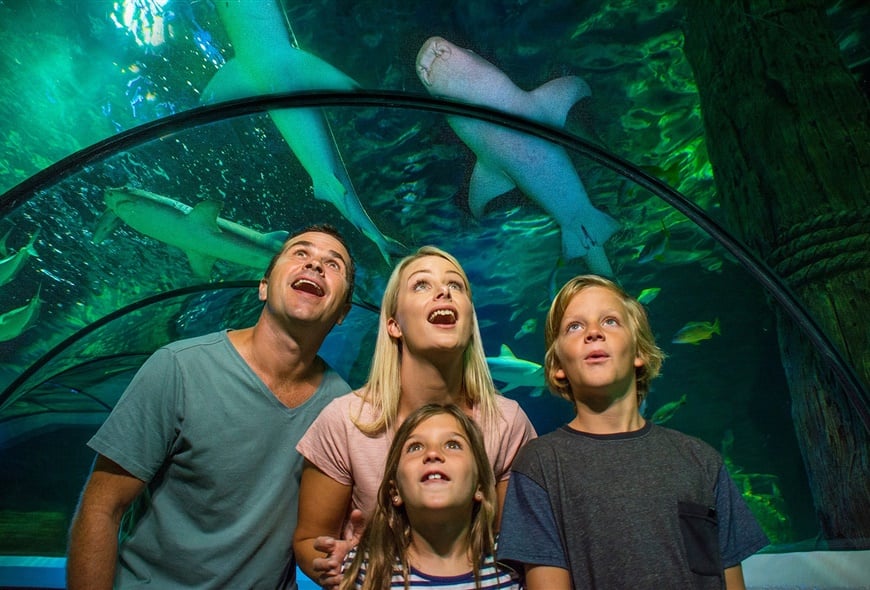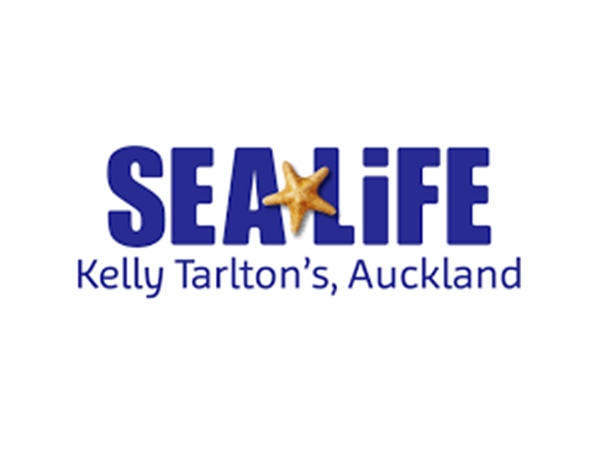
Kelly Tarlton’s Sea Life Aquarium
Function bookings are currently unavailable for 2023. Inquire about a 2024 event.
The Most Unique Events Venue in Auckland
Immerse yourself in an underwater world of amazing and unforgettable moments at SEA LIFE Kelly Tarlton’s Aquarium - the most unique event venue in Auckland. Located in Ōrākei on the stunning Waitematā Harbour with Auckland city views, your guests will be captivated by our incredible marine exhibits.
No other venue offers such an exquisite underwater backdrop to truly WOW guests. With a range of unique event spaces, catering from the most intimate to extravagant events, SEA LIFE Kelly Tarlton’s Aquarium offers your guests an amazing and truly unforgettable experience they will never forget.
With several of our aquarium areas to choose from, our Auckland events venue is able to accommodate a wide range of functions and events. Whether you're looking for a smaller space for an intimate event or you're dreaming of something extravagant, SEA LIFE Kelly Tarlton’s will deliver an extraordinarily memorable event.
Please don’t forget to mention that you found us via My Wedding Guide.
